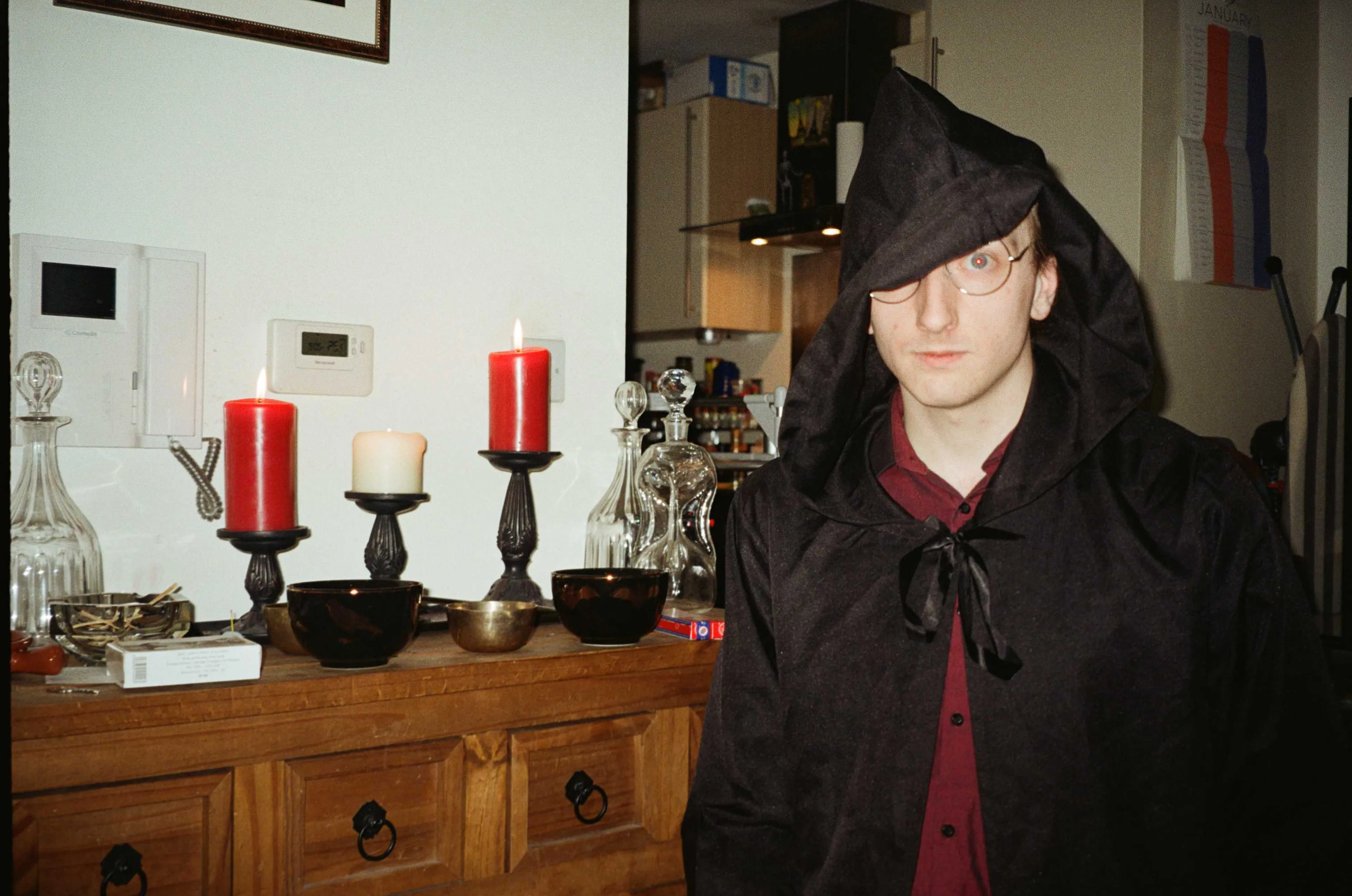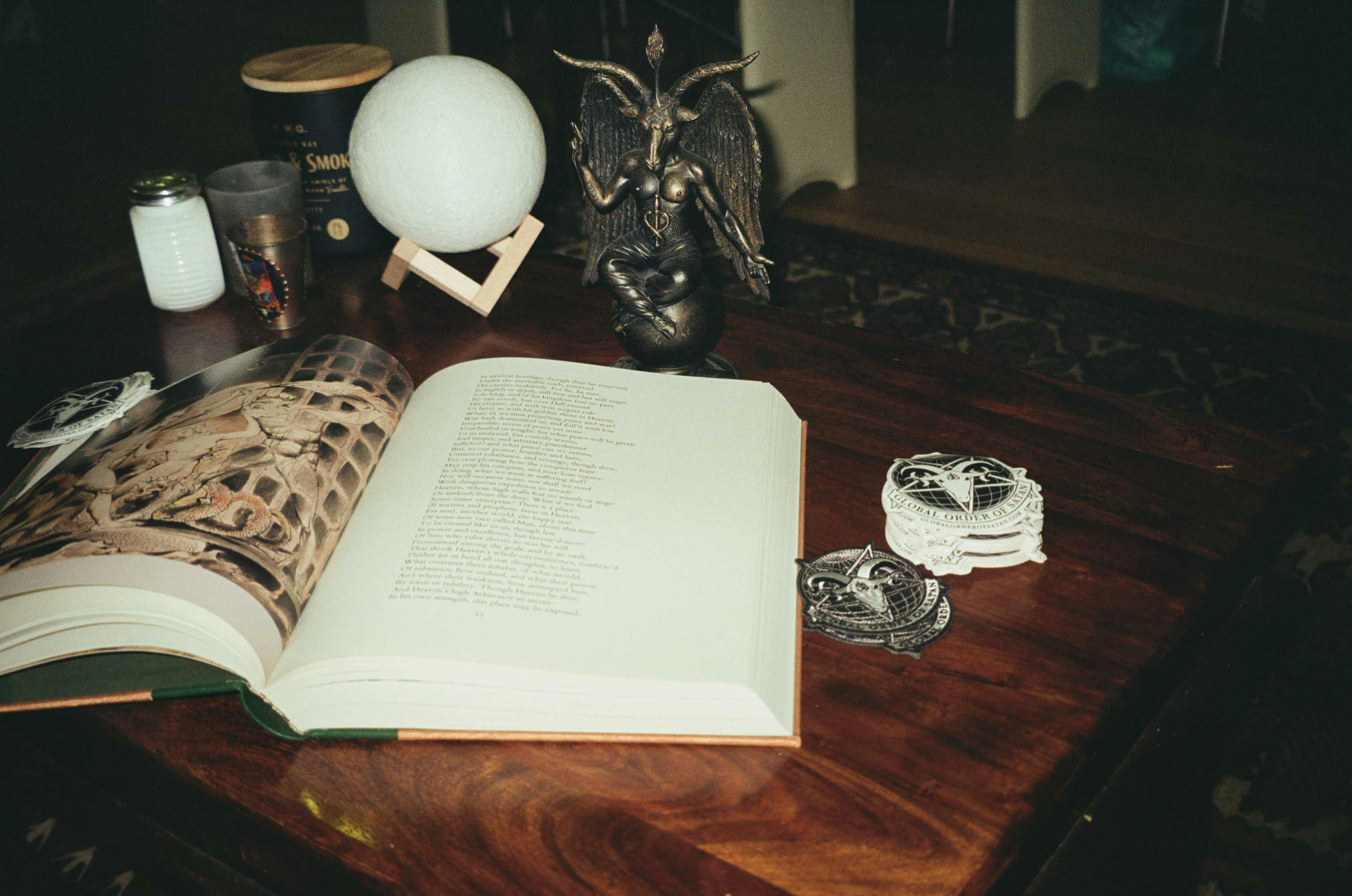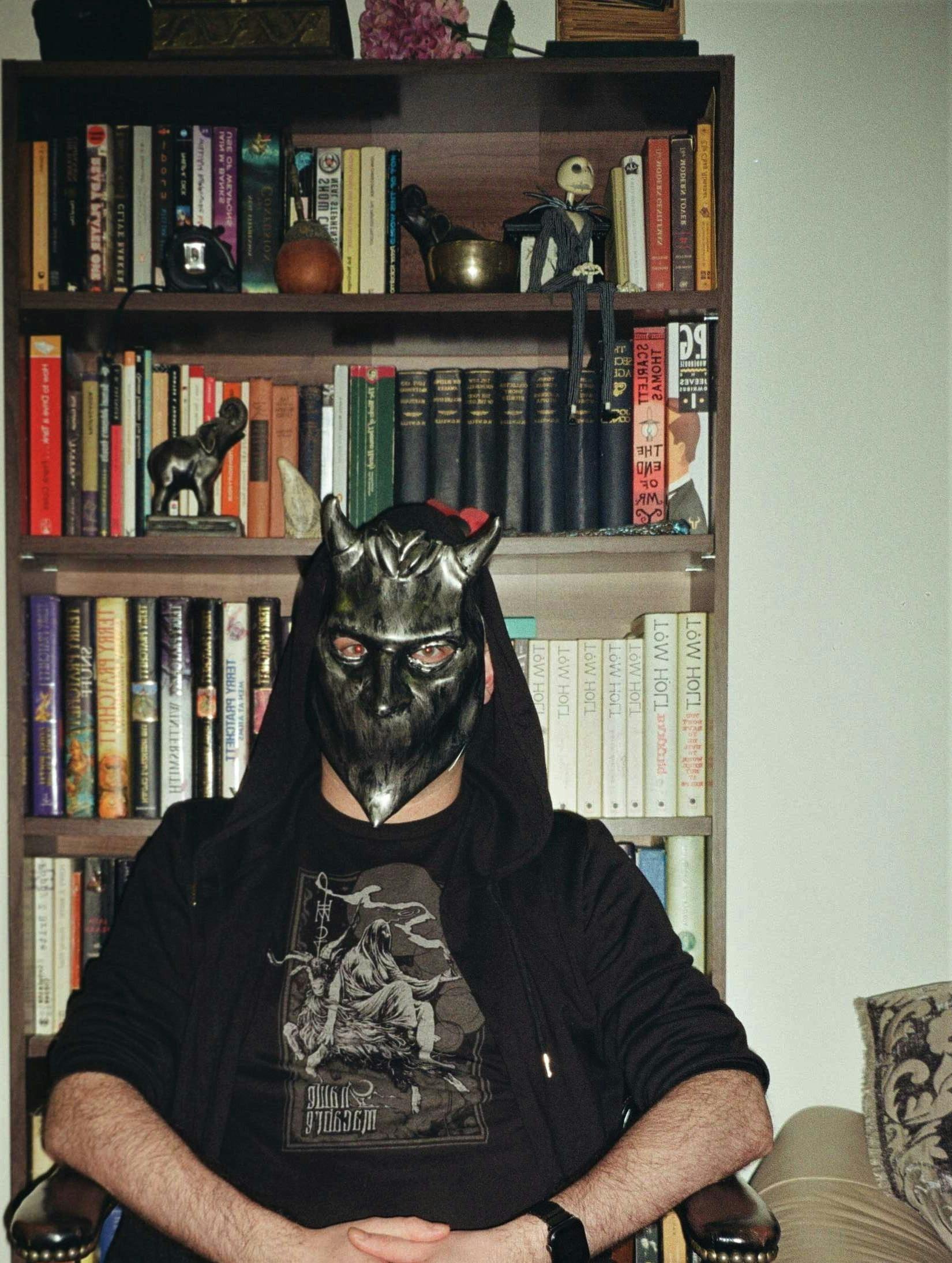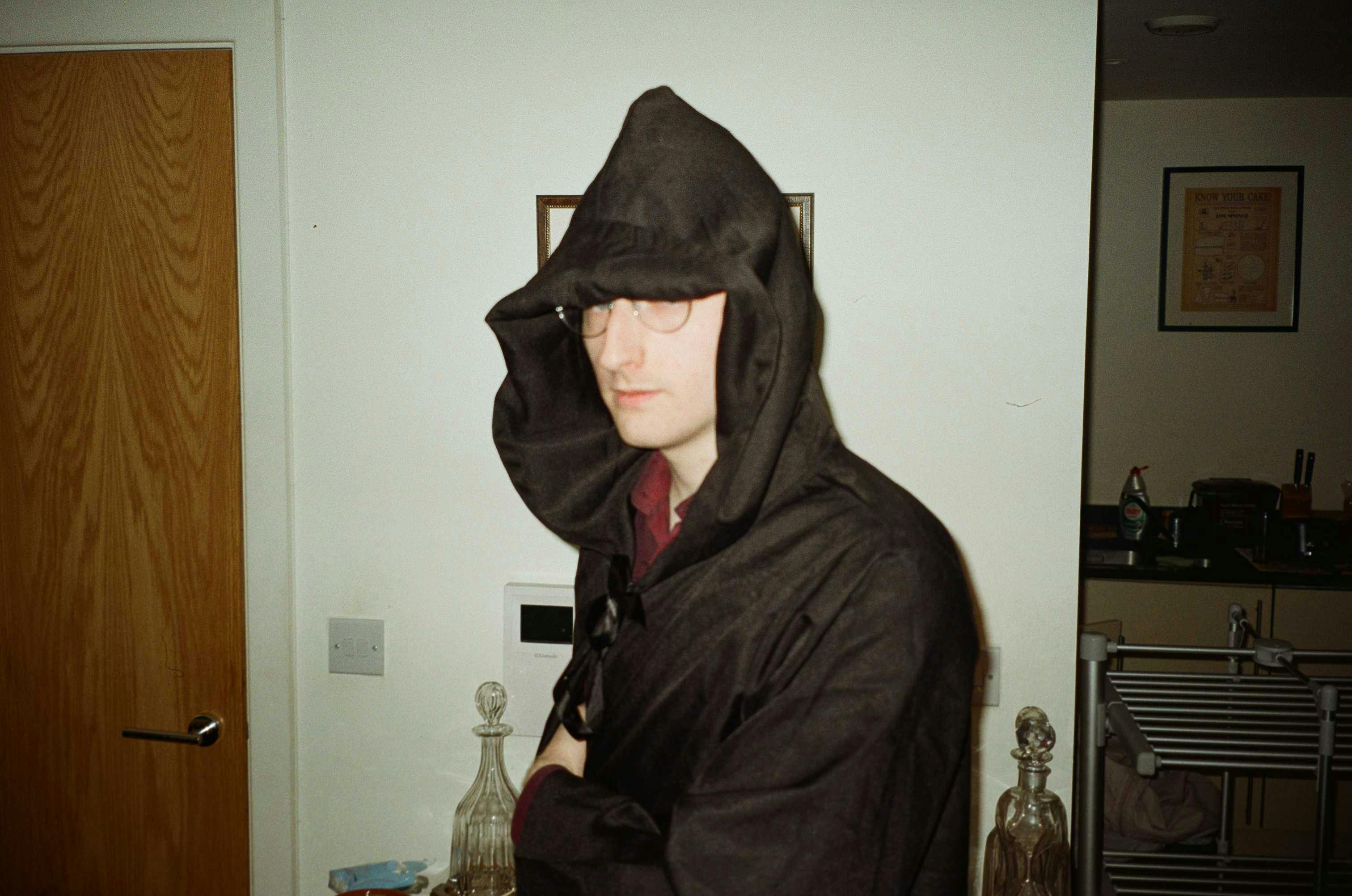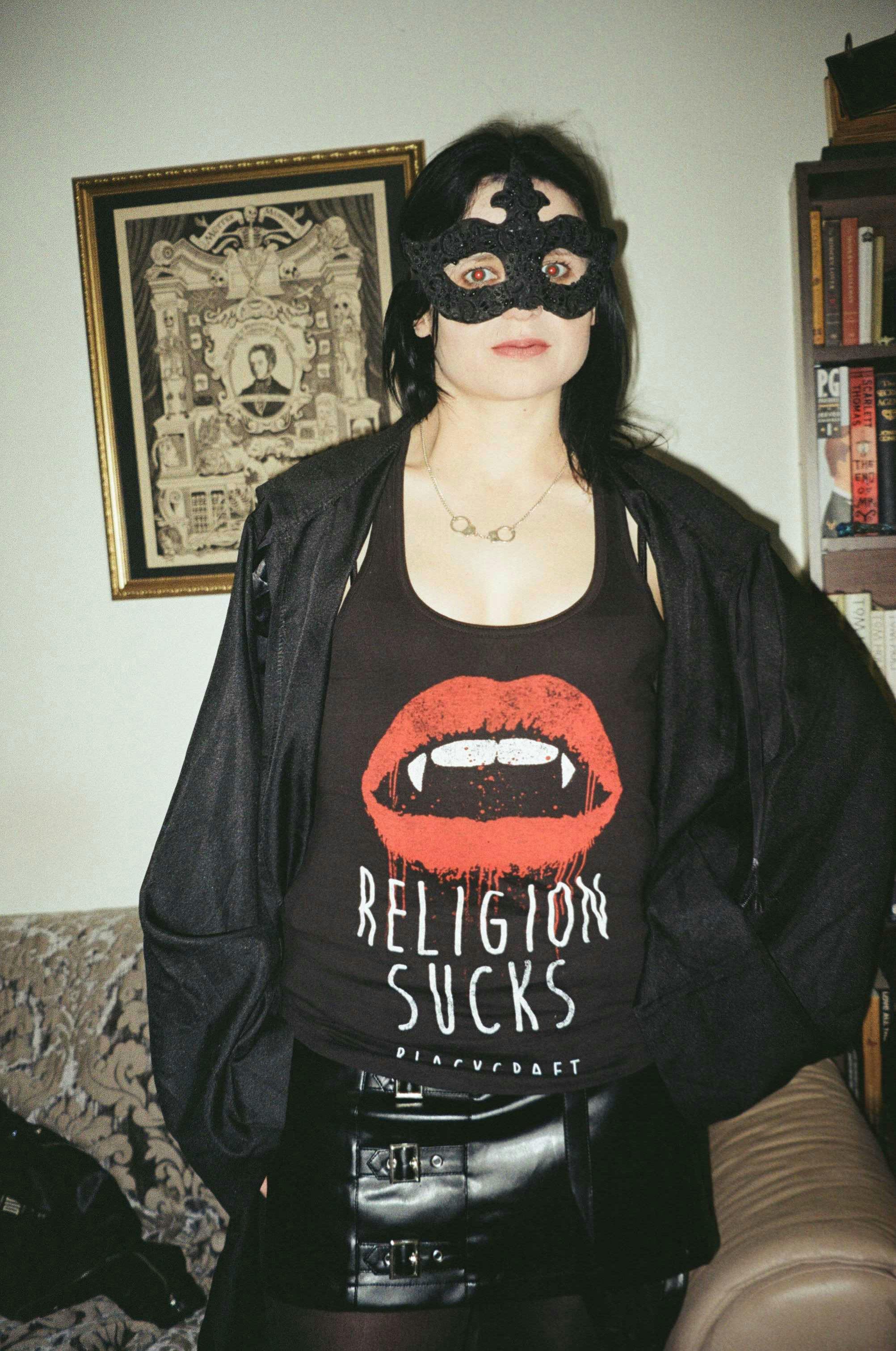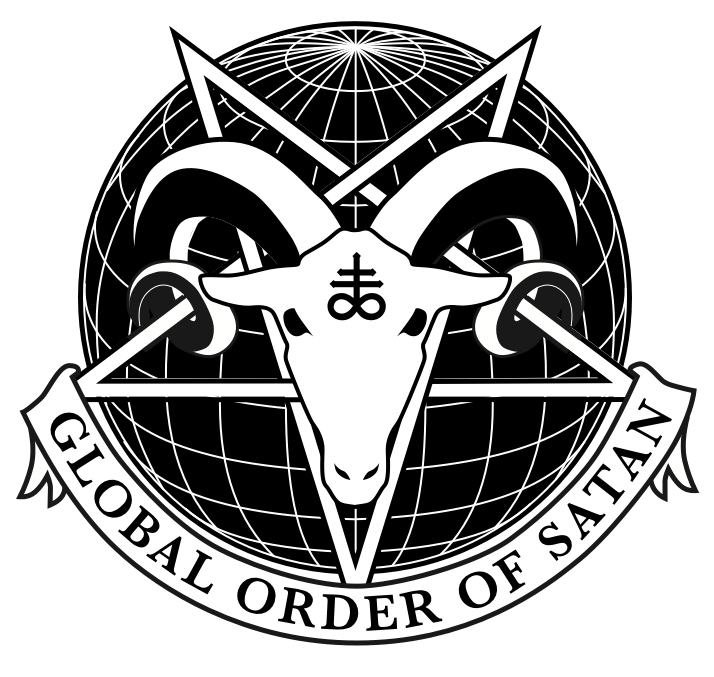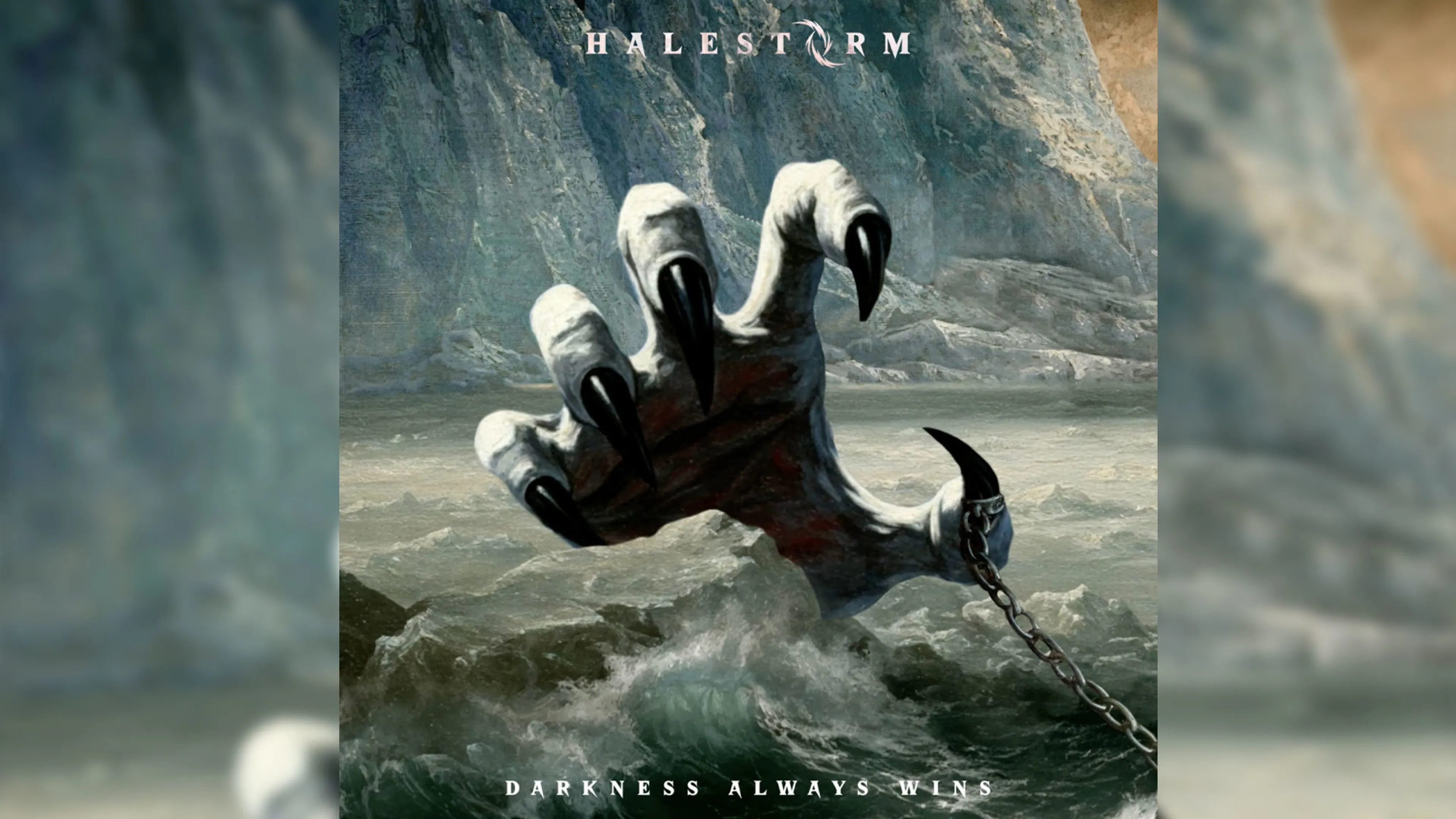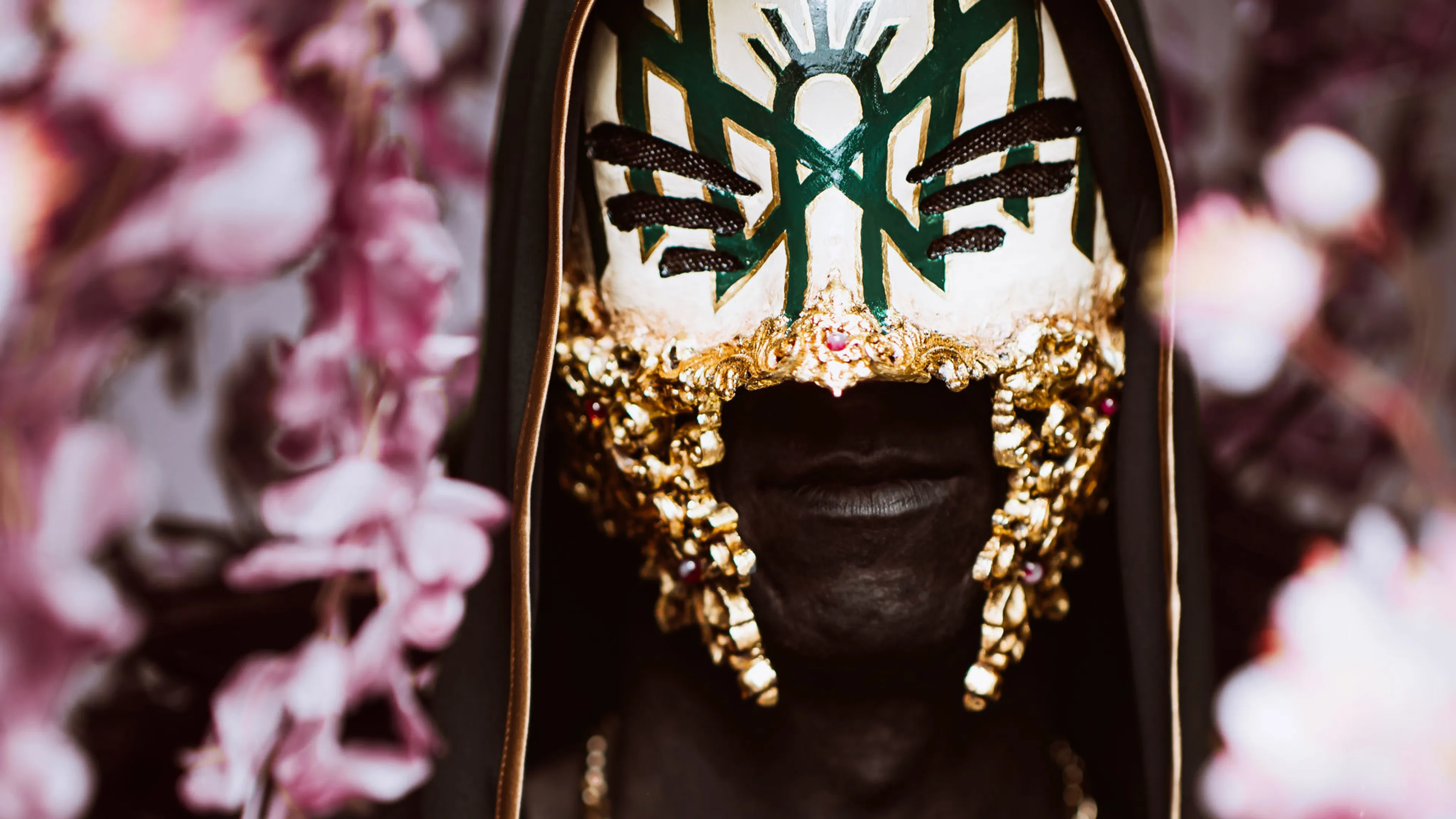Political activism and community projects are part of their Satanism, too. Their presence at the anti-Boris march in December 2019 and their Get Home Safely campaign, are parts of their mission to rehabilitate the image of Satanism and attract like-minded seekers.
“As well as the serious stuff we do fun stuff, too,” Andy insists, "we go on weekends together, go to the pub together. It’s not quite tea and biscuits… it’s more cider and black (laughs).”
As our conversation continues, things get a little stranger as Andy reveals, somewhat confusingly, that they actually do hold rituals and host what they call ‘unbaptisms’ from time to time. He says that the ceremonies – which borrow imagery and ideas from occult and pagan ceremonies – are an important part of the GoS.
“You do a ritual every time you cross a road, you look left, right and left again… They are little ways of making yourself feel comfortable with the world, or declaring things, making statements,” Andy explains. “We’re not conjuring demons, we’re not believing that by doing this we are cursing someone or are affecting other people in a certain way, it’s very personal, it’s for us. We use the trappings of [occultism]. We can use that power, that symbolistic power, rather than any sort of magical power. It’s like your own personal psychodrama.” He goes on to compare it to putting on a play and writing your own lines, explaining that self-affirmations are a big part of it.
The members we meet range from graphic designers to legal sector workers, spanning across a diverse range of ages. Some are ex-Christians, others lifelong atheists, but their connection seems as real and deep as any friendship group.
“Community is the important part. Meeting with people that have the same, if not similar, beliefs to me and then I don’t feel alone anymore,” Murchadh says, earnestly. He continues, telling us that he grew up as a Catholic and has now been a member of the Global Order for three years, joining when was 18 after losing somebody close to him.
